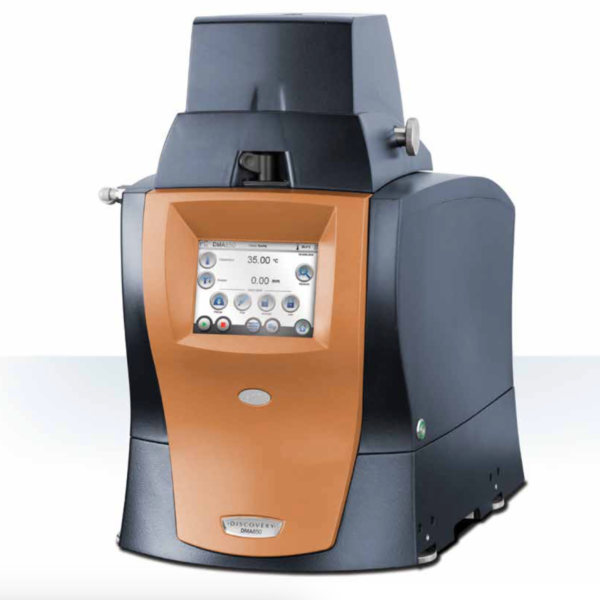TA Instruments – Quenching Dilatometers
Quenching dilatometers are used to study phase transformations and microstructural changes in steel and metal alloys. Phase transformations occur upon heating and cooling during manufacturing of metal parts and are generated in a controlled way during heat treatment. Changes in microstructure and phase transformations cause changes of volume and expansion rate. Dilatometry is the ideal method to identify the extent and the temperatures of these solid-state phase transitions in metals. Quenching dilatometry helps to optimize heat treatment of metals to yield the required physical properties of the finished product. The heat treatment temperature profile results in different microstructures, which impacts key properties such as hardness yield strength.









